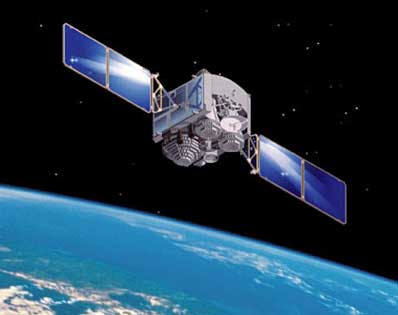 I wrote recently of my passion for Television and that story was inspired by an article that I read in the Melbourne Age Green Guide a TV and technology insert and published weekly as a supplement in Thursday’s newspaper’s print edition. Yes I do subscribe to an old school newspaper and while I am on topic I also have a subscription to a popular house and garden magazine so when I talk about media getting paid ,I understand as I do pay, I am not all about the free culture but I am all for a the balanced one. While I am at it also in the mix of media that I pay for is a subscription to Foxtel a pay TV provider in Australia , and so this article got me thinking about Freeview and the new improved EPG that they have launched and so I decided to explore this a little further.
I wrote recently of my passion for Television and that story was inspired by an article that I read in the Melbourne Age Green Guide a TV and technology insert and published weekly as a supplement in Thursday’s newspaper’s print edition. Yes I do subscribe to an old school newspaper and while I am on topic I also have a subscription to a popular house and garden magazine so when I talk about media getting paid ,I understand as I do pay, I am not all about the free culture but I am all for a the balanced one. While I am at it also in the mix of media that I pay for is a subscription to Foxtel a pay TV provider in Australia , and so this article got me thinking about Freeview and the new improved EPG that they have launched and so I decided to explore this a little further. Freeview is the brand of the free to air digital terrestrial television stations in Australia. It was first launched in 2008 and aims is to unite all of the free-to-air broadcasters into a consistent marketing platform to compete against the new technical landscape that includes PayTV, TiVo
Freeview is the brand of the free to air digital terrestrial television stations in Australia. It was first launched in 2008 and aims is to unite all of the free-to-air broadcasters into a consistent marketing platform to compete against the new technical landscape that includes PayTV, TiVoFreeview will market its members 15 free to air channels and will produce an electronic program guide (EPG) for technology products, to use this guide manufacturers will need to get their equipment certified and thus will coordinate certification of televisions, set-top boxes and personal video recorders (PVR) which meet their requirements. The Freeview brand was first launched in November 2008 with commercials promising 15 channels by 2009. Well here we are in 2010, and Freeview have at last delivered a 2nd generation EPG for use in certified equipment, however it won’t work with most equipment, but it does have one benefit that the other non sanctioned EPG don’t have, it knows when a show in running late and can adjust recording times on the fly . The network broadcasters have after years of denial of the need for an EPG, have finally abet reluctantly now all provided a basic EPG. So although it has taken years of legal challenges against the providers of other EPG based on false claims of copyright (abused again) and to be brutally honest nothing more than feet dragging we have arrived here but what does it really deliver and do we need it?.
EPG's are a kind of oxymoron in Australia, well at least when it comes to the free to air networks, as advertised shows often start late and thus often result in you missing the crucial ending of a show that you thought you had previously recorded in its entirety. As I alluded to this seems to only affect free to air broadcasts as Foxtel own channels run to the EPG schedule like a well-timed clock work and therefore I have never missed the end of those shows. So what does this EPG give you that you can’t already get with the current array of choices? Well as I have stated the biggest drawcard if I can call it that, is the on the fly correction of end times of programs running late, the rest is pretty much standard fare however to access this on the fly correction feature technology manufacturers must hobble or disable the very features that you as a user would find useful. So the most useful feature is one that the need for is predicated on the fact that the free to air networks run their shows late , so let's get this right I should subscribe to Freeview certified equipment to negate a problem created by the consortium that markets the solution. In addition to forgo the ability to do the very things that I feel that are useful like ad skipping and transferring copies of show that I have recorded to other devices or to give to friends or family.
The non sanctioned devices can’t use this the 2nd generation EPG if they allow such heinous acts such as ad skipping and so I suspect this feature will be one the vast majority of users wont even use because it will never be available. I would also question the need for this new featured EPG as the Australian Communications and Media Authority looks to crack down on the practice of not running to published schedules anyway. Looks like the ACMA see the EPG as a way sneaky way to compete in the market and are not buying this tactic one iota. It is no doubt true that like all other industries that are entering the digital age that the change is disruptive, however preventing people doing what they want is not competition but is instead guilty of trying to stifle it. I think the Freeview idea is sound I however feel that the current methodology is flawed and that the money wasted on this EPG will do little to alter the landscape. Innovative products that deliver the consumer an enhanced experience is the secret to competing not creating a problem and proposing a solution that breaks the functionality that your very customers want. The Freeview EPG is late, hobbled and really nothing more that a man wearing his underwear on the outside thinking he has super powers when the competition are giving away kryptonite.
What do you think does the Freeview EPG sound useful to you? What do you currently use? Please leave me a comment I would love to hear what you have to say.



















.jpg)